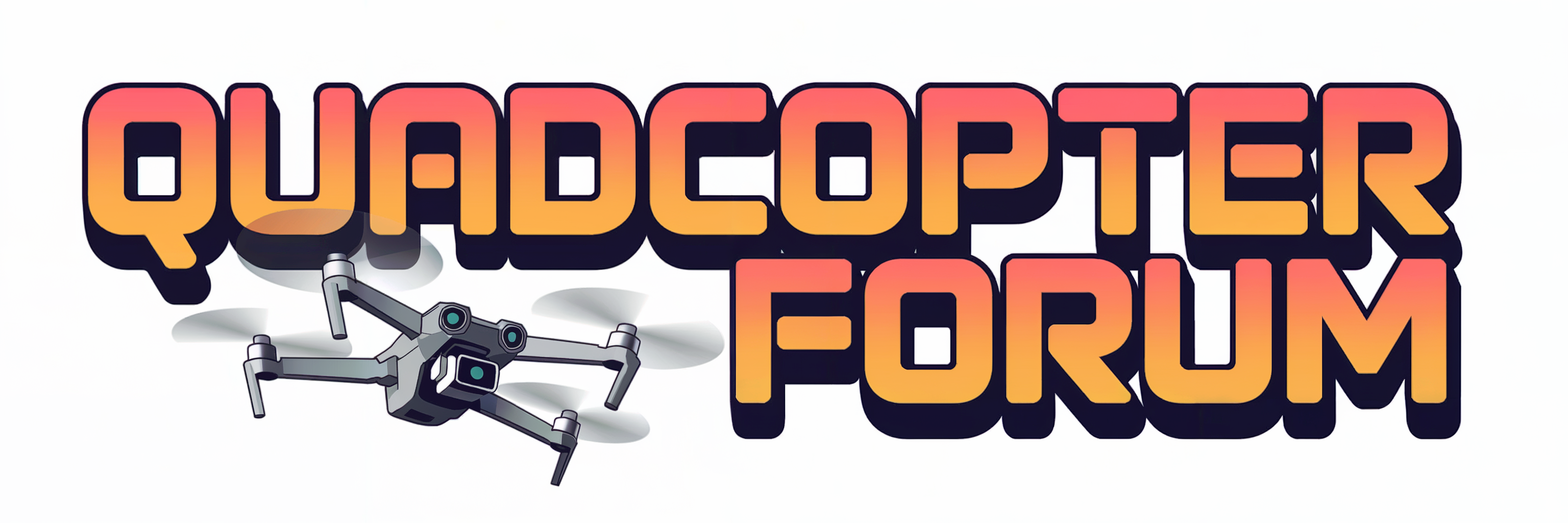cmalo
New Member
Hi guys,
Im new to FPV flying and looking for a nice starter drone just to learn flying and have some fun.
I watched some videos and reviews about some drones and found the following are good starter drones:
Eachine Novice 3
Emax tinyhawk 2.5 inch freestyle
But now i also came across the Eachine Tyro 79s.
To be as a beginner it looks about the same as the Eachine Novice 3 (about the same size, specs and same price range)
The tyro 79s is available in a RTF package aswell.
Can someone with more experience tell me which of these would be better as a first drone and why ?
I found the tyro 79s Here:
https://nl-m.banggood.com/Eachine-T...ds=search&act_poa=POA7144952&cur_warehouse=CN
Im new to FPV flying and looking for a nice starter drone just to learn flying and have some fun.
I watched some videos and reviews about some drones and found the following are good starter drones:
Eachine Novice 3
Emax tinyhawk 2.5 inch freestyle
But now i also came across the Eachine Tyro 79s.
To be as a beginner it looks about the same as the Eachine Novice 3 (about the same size, specs and same price range)
The tyro 79s is available in a RTF package aswell.
Can someone with more experience tell me which of these would be better as a first drone and why ?
I found the tyro 79s Here:
https://nl-m.banggood.com/Eachine-T...ds=search&act_poa=POA7144952&cur_warehouse=CN
